Analog CCTV Vs Digital CCTV
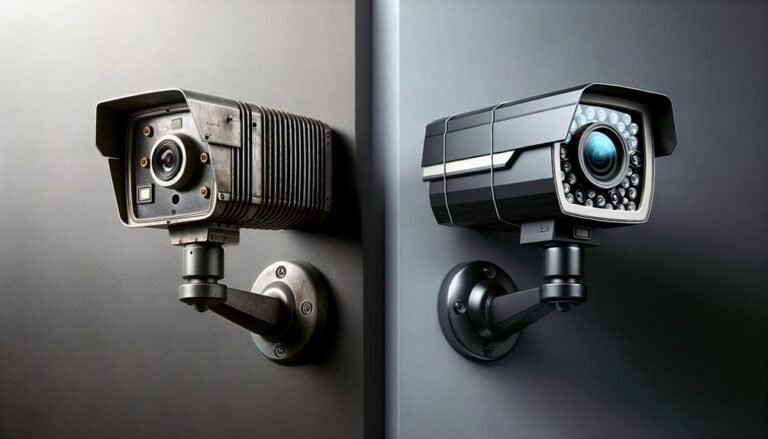
Closed-circuit television (CCTV) systems are a cornerstone of modern security infrastructure, providing real-time surveillance and recording capabilities to monitor various environments. These systems are widely utilized in public spaces, businesses, and residential areas to deter crime, enhance safety, and aid in incident response.
CCTV systems consist of cameras, monitors, and recording devices. The cameras capture video footage, which is transmitted to monitors for live viewing or to recording devices for future playback. Modern CCTV systems often incorporate digital technology, allowing for high-definition video capture, remote access, and advanced features like motion detection and facial recognition.
The primary advantage of CCTV is its ability to provide continuous surveillance. This constant monitoring serves as a deterrent to criminal activities, as potential offenders are less likely to commit crimes if they know they are being watched. Moreover, the presence of CCTV cameras can instill a sense of security among the public and employees, contributing to a safer environment.
In addition to crime prevention, CCTV footage is invaluable for investigative purposes. Recorded videos can provide crucial evidence in criminal cases, helping law enforcement identify suspects and reconstruct events. This evidentiary value extends to non-criminal incidents as well, such as workplace accidents or disputes, where footage can clarify the circumstances and assign responsibility.
The integration of CCTV systems with modern technology has significantly enhanced their functionality. For instance, networked or IP cameras can be accessed remotely via the internet, allowing users to monitor their properties from anywhere in the world. Advanced analytics software can also be used to automate surveillance tasks, such as recognizing specific objects or triggering alerts when unusual activity is detected.
However, the widespread use of CCTV has raised privacy concerns. The constant surveillance can be seen as intrusive, leading to debates over the balance between security and individual privacy rights. Regulatory frameworks and policies are essential to ensure that CCTV usage is transparent, justified, and compliant with privacy laws.
Despite these challenges, the benefits of CCTV systems in enhancing security and safety are undeniable. They provide a robust solution for monitoring environments, deterring criminal activities, and aiding in incident investigations, making them a vital component of contemporary security strategies.

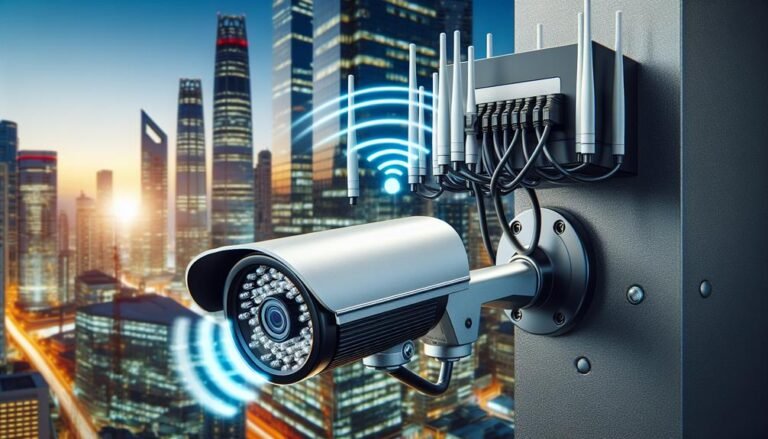
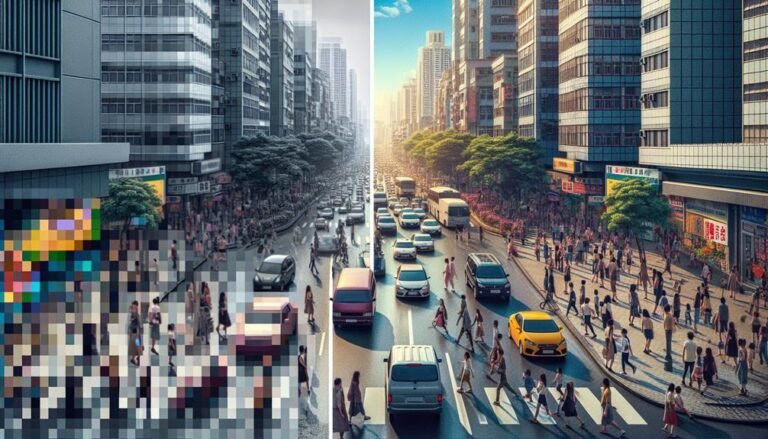
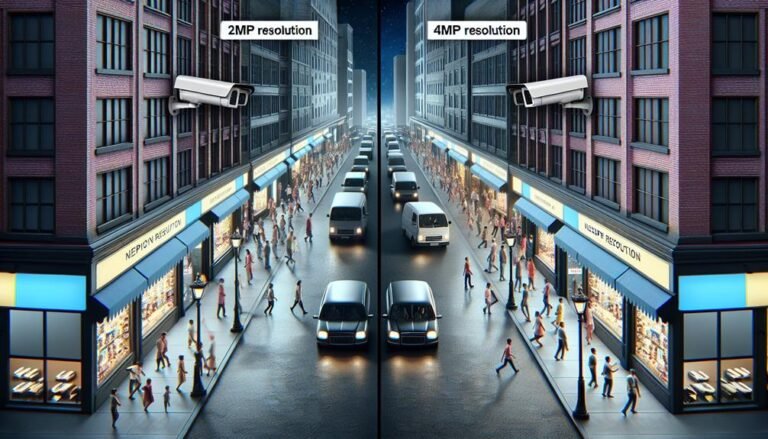
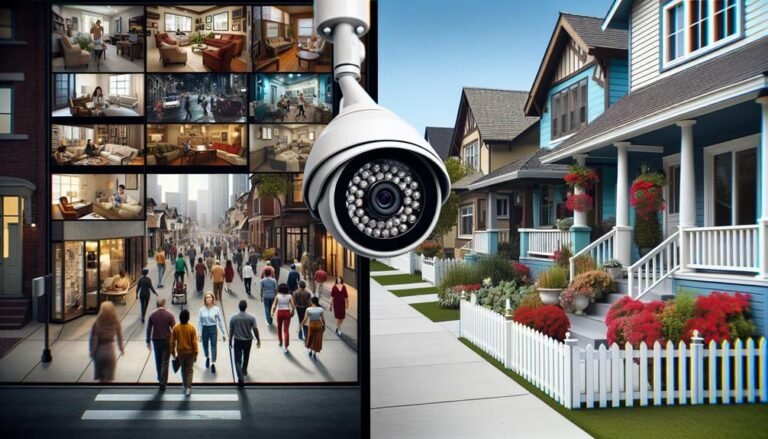
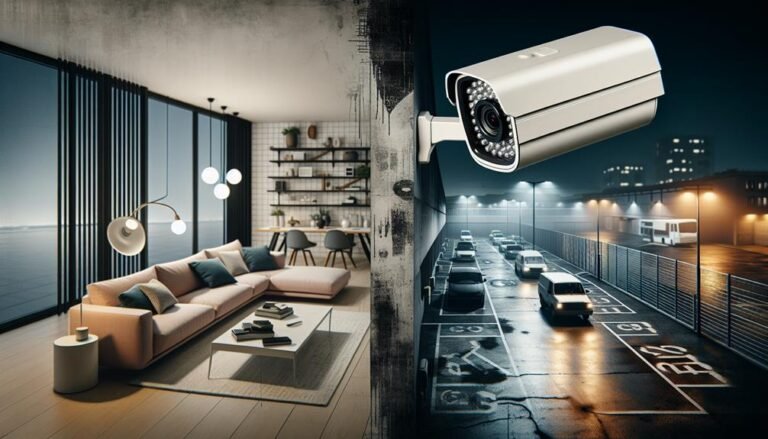
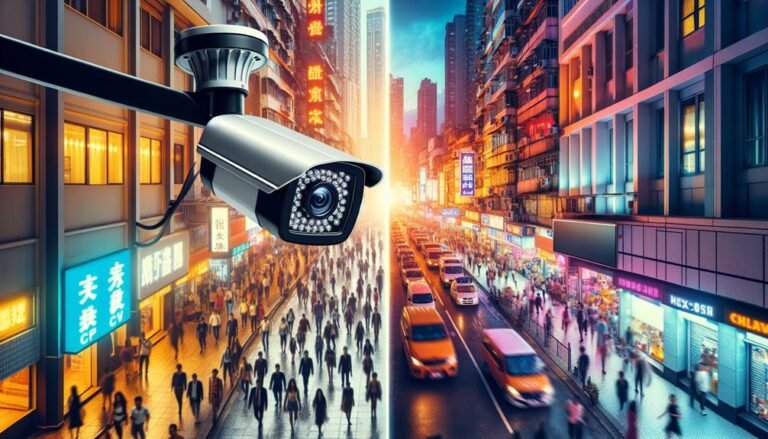
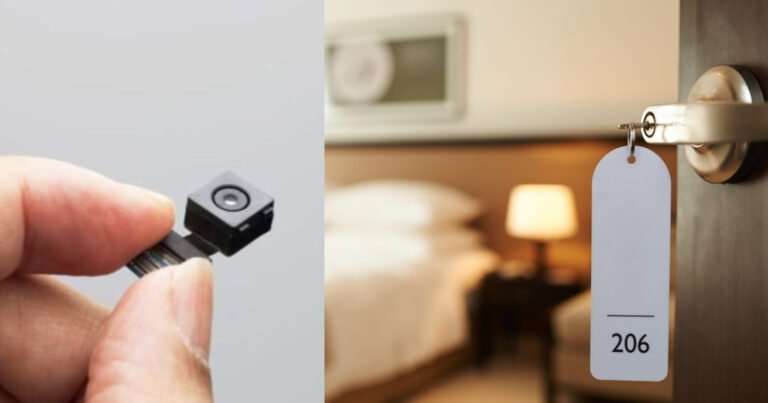
Have you ever stayed in an Airbnb rental and felt like something wasn’t quite right? Maybe you found a hidden camera in your room, or maybe you just had a feeling that someone was watching you. Either way, it’s important…
A home CCTV camera installation is an excellent way to improve your home security. Not only will it act as a visual deterrent to burglars and other intruders, but it will also allow you to keep an eye on your…
Conventional security cameras are often monitored by closed-circuit television (CCTV) pc monitors. Besides, compared to computer monitors, CCTV monitors are far more expensive. It is feasible to use a computer check instead, but the connectors are typically different and additional…